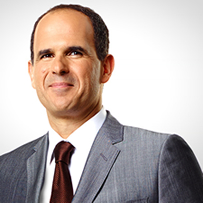Fantasy Sports, Movie Clubs and Activities That Take Your Members Away to Bring Them Closer

Credit: Glug Events (CC BY 2.0)
There are many fun opportunities to send your members away from your community.
Let me rephrase that.
There are many fun activities that your members can participate in together, away from your community, that will strengthen their ties – to each other and to your community.
Don’t focus so much on keeping people on your site (time spent on page) to the point where you overlook ways to connect your members off of it. Especially in off-topic areas where your members are passionate.
Read More

 I’m a big fan of
I’m a big fan of 





